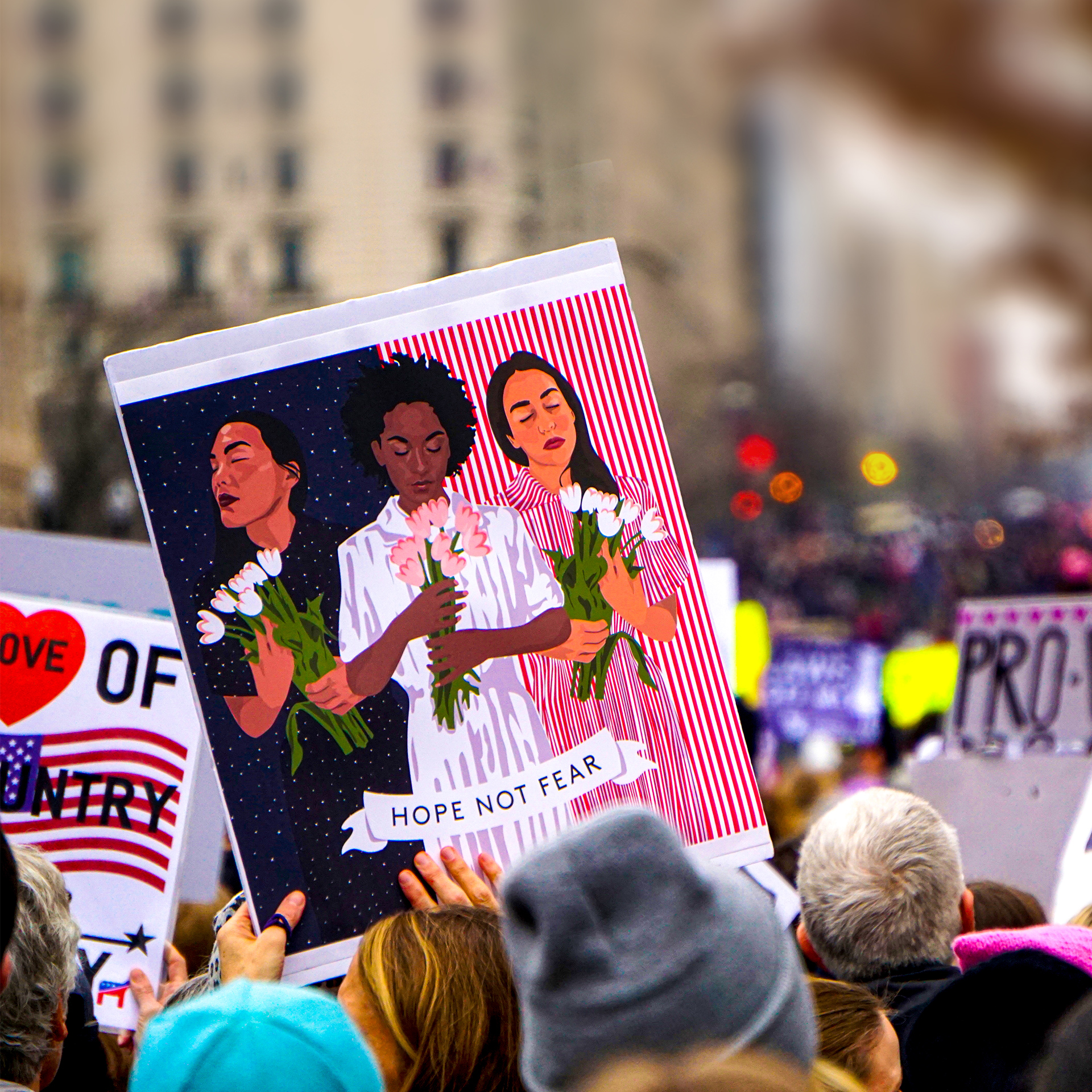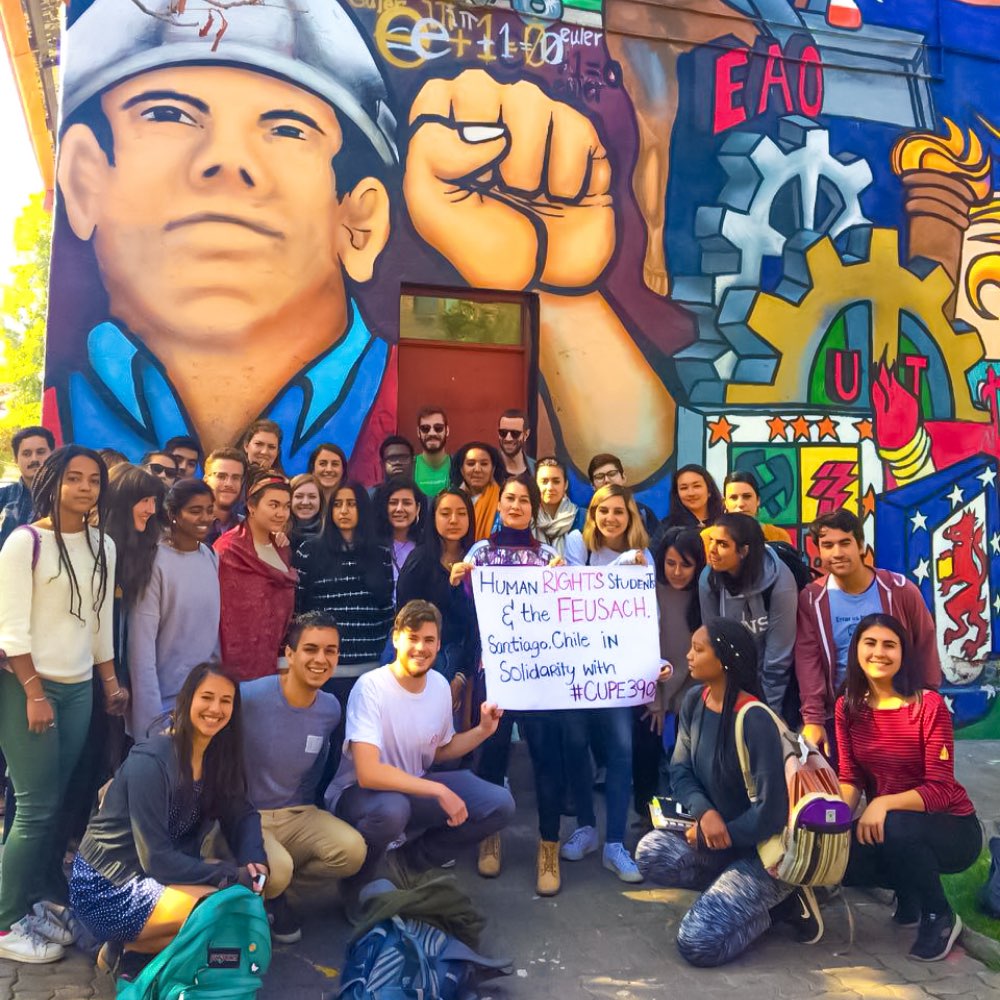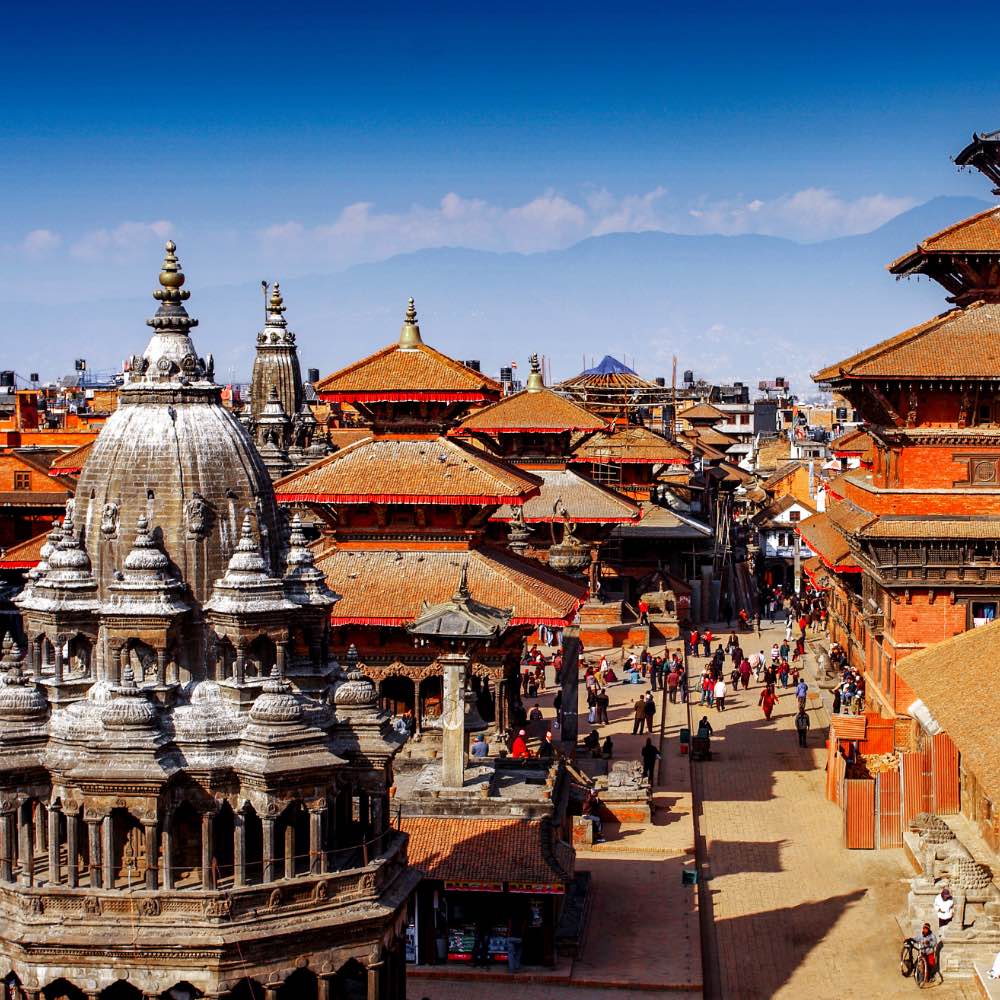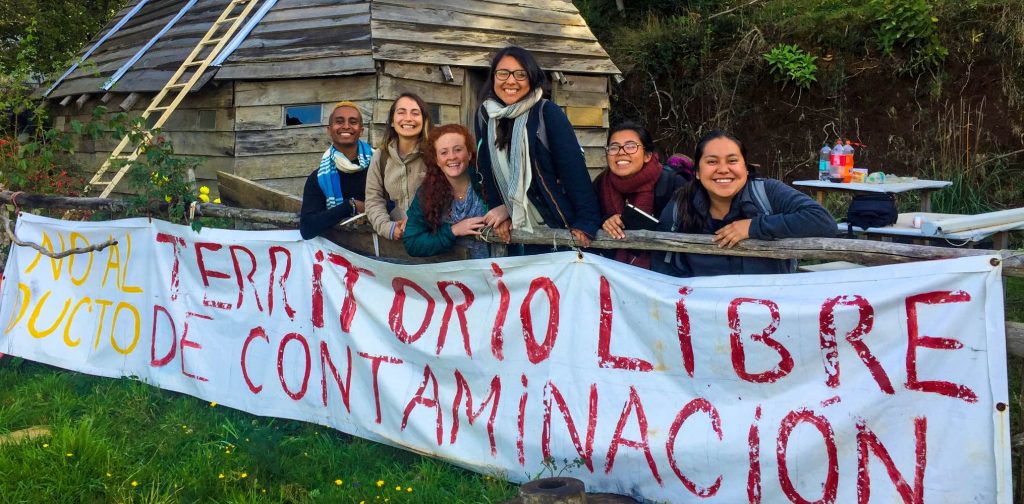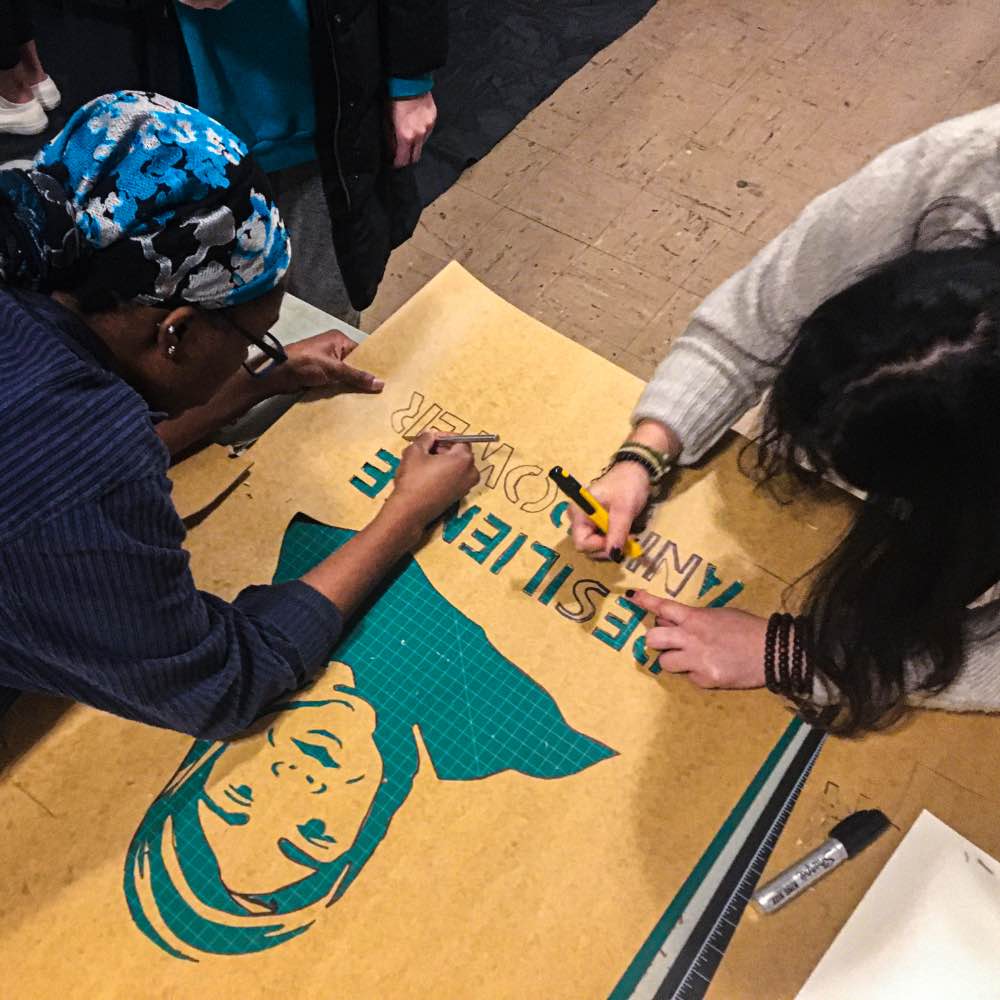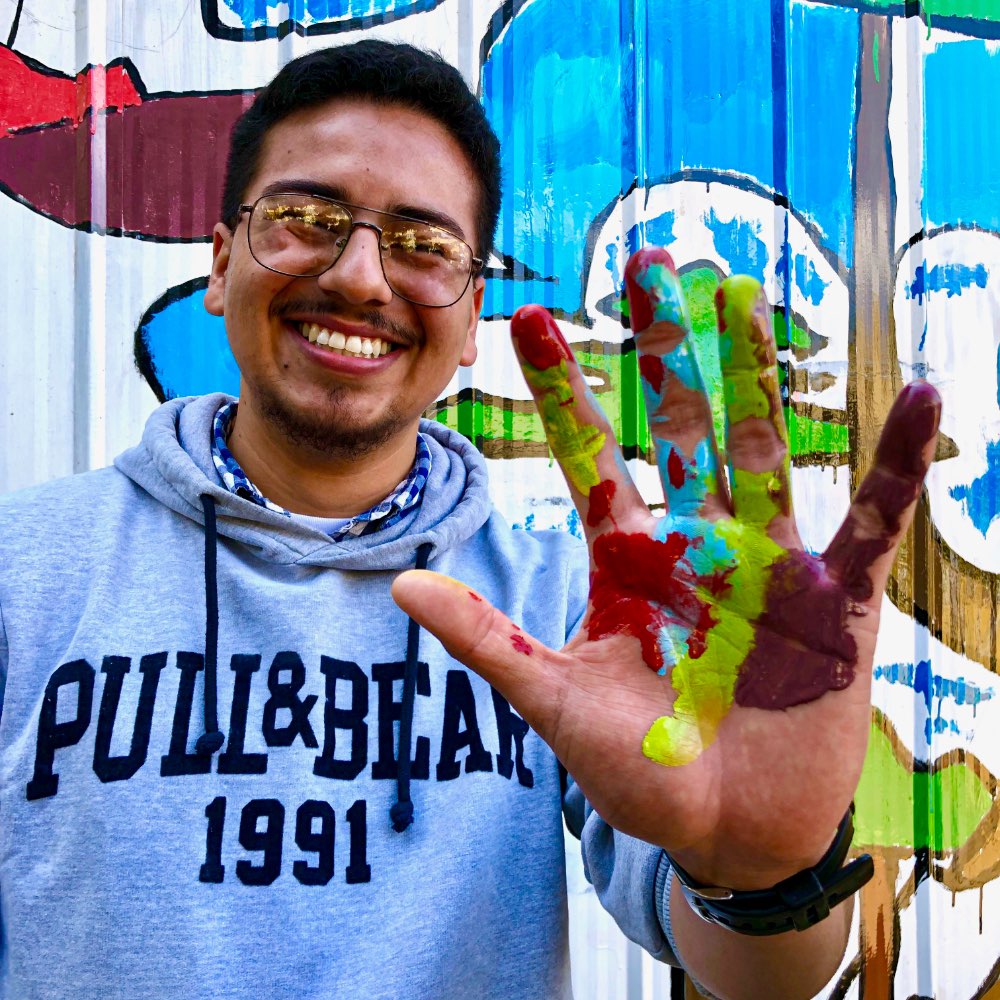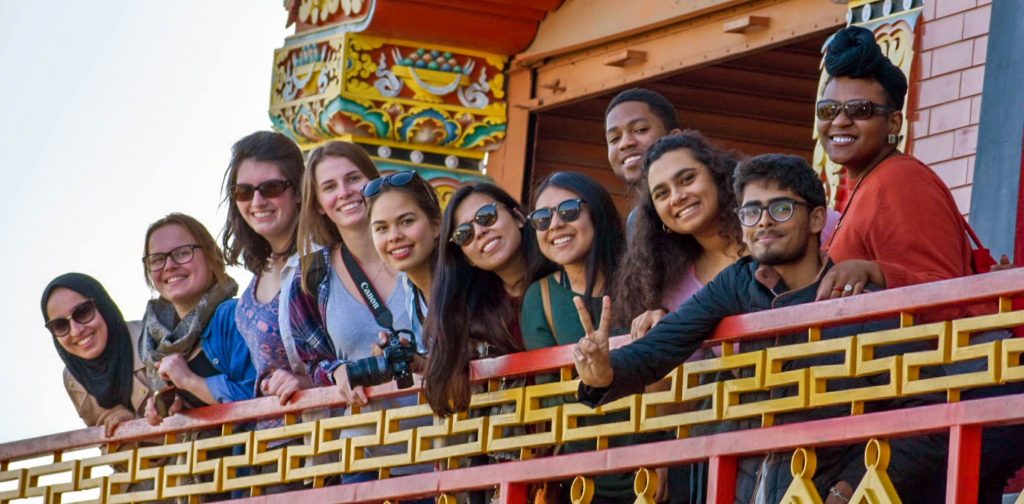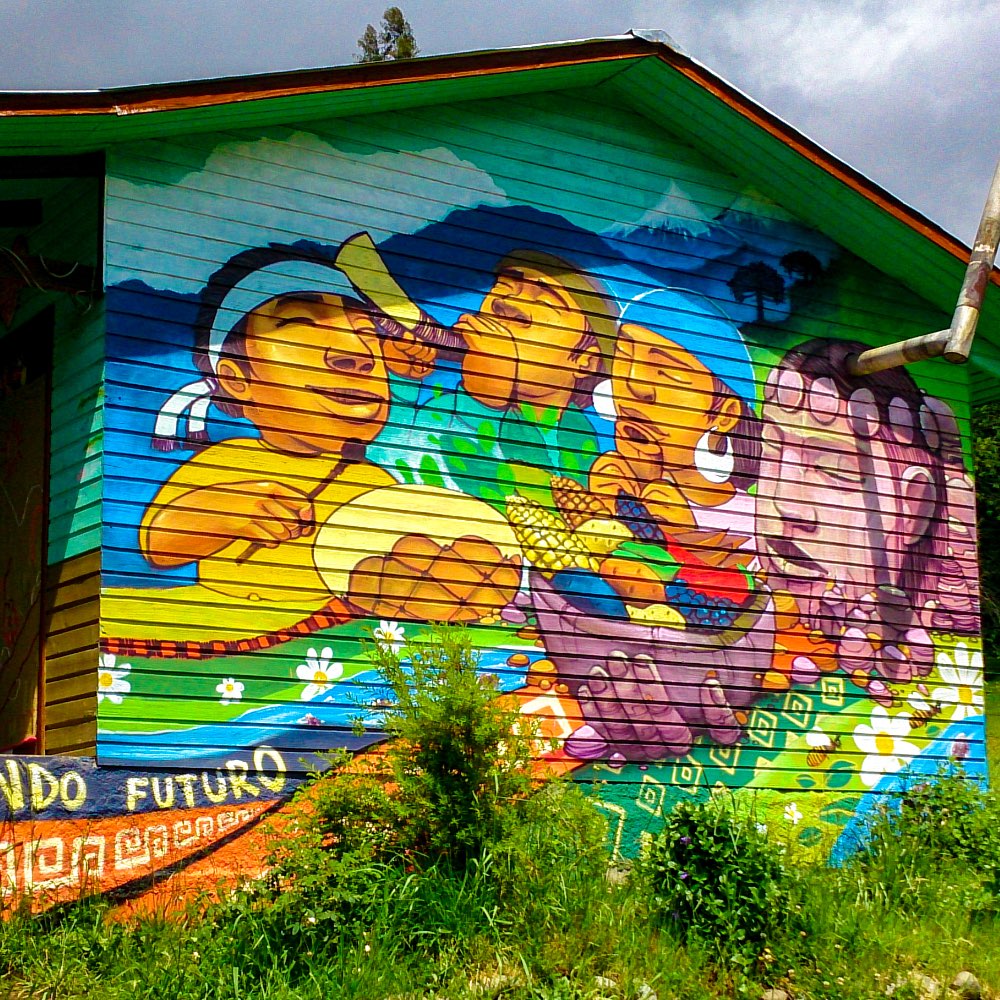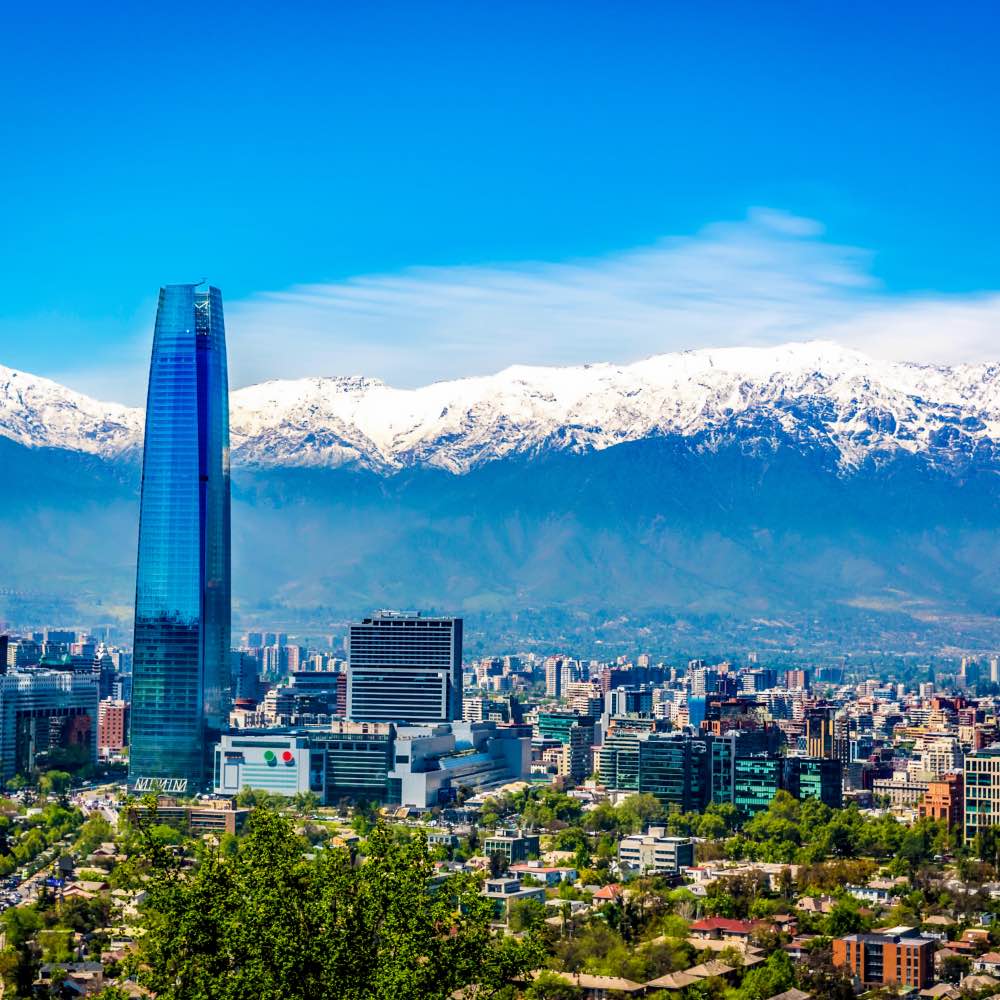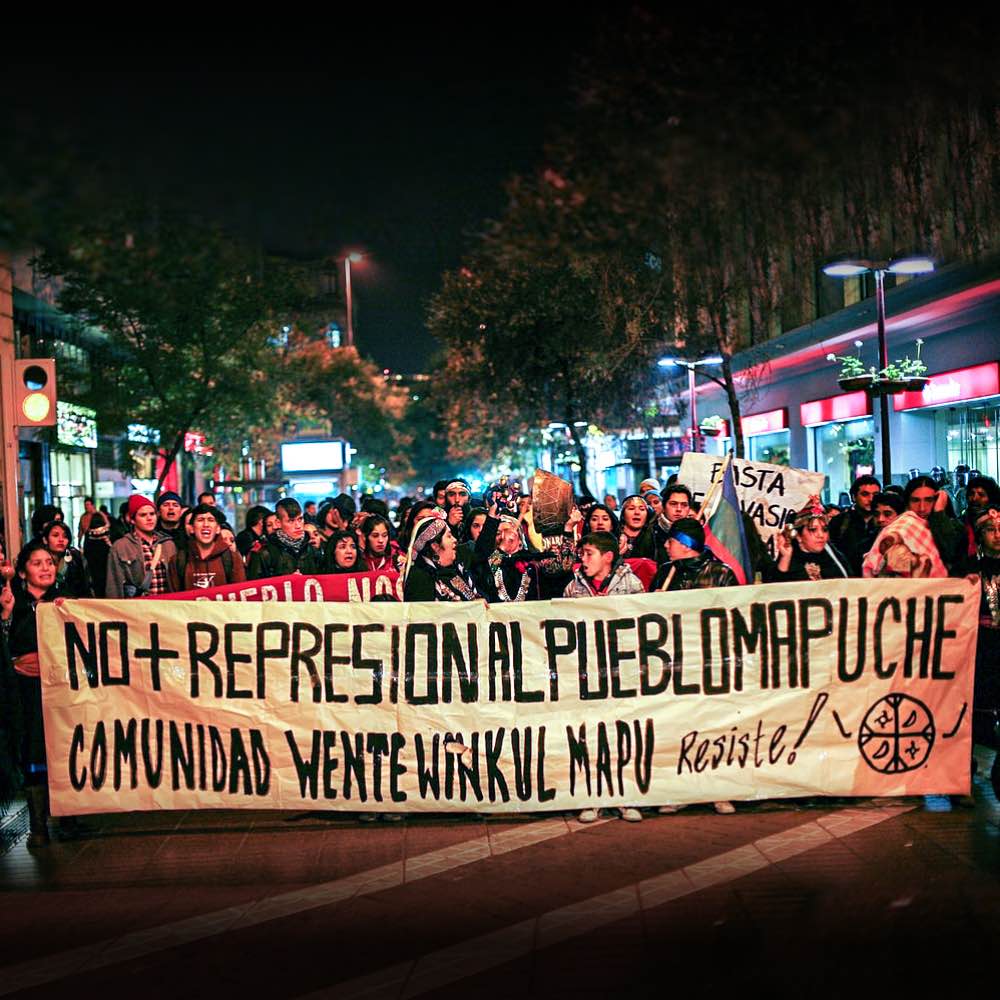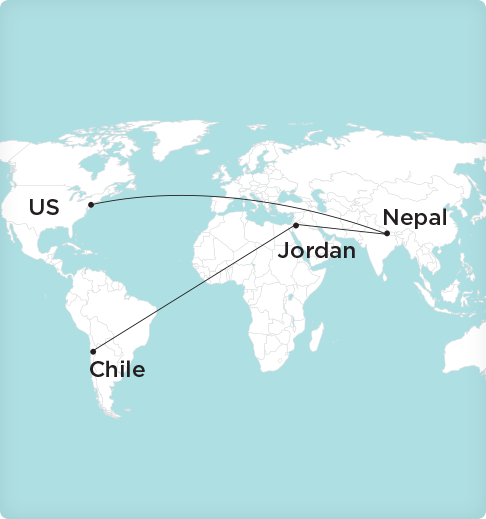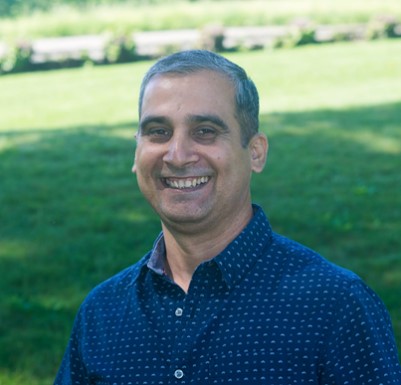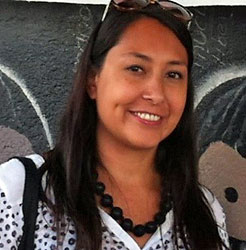Overview
Why a Comparative Study of Human Rights?
Go beyond the halls of power to learn how individuals and communities are giving momentum to grassroots, human rights movements across four countries. Connect with groups working for immigrant and gender rights and against structural racism in New York City, and critically examine the deep roots of human rights movements throughout the United States. Travel next to Nepal, Jordan, and Chile, where you’ll meet with scholars, members of Parliament, feminist leaders, staff of grassroots and international non-governmental organizations, United Nations officials, Indigenous community members and leaders, and refugees. Gain deeper insight into multilayered perspectives on human rights, often against the backdrop of governments in tectonic shift, and understand pathways to enacting human rights-based change. Explore how COVID-19 has shifted the conversations on human rights and highlighted global economic inequity. Along the way, you’ll explore how to live, act, teach, and learn in ways that affirm human dignity, uproot oppression, and advance collective struggles for rights and justice everywhere.
Highlights
- Meet prominent human rights leaders and practitioners during the program launch in the U.S.
- Study labor, migration, and gender issues in the stunning rural Nepal.
- Speak with refugees, women’s self-help groups, and humanitarian organizations in Jordan.
- Spend one night in Petra, the ancient World Cultural Heritage site.
- Camp in the desert sands of Wadi Rum during a program excursion.
- Learn about cultural resistance and land rights from Mapuche Indigenous communities in Chile.
Prerequisites
Previous college-level coursework or background in anthropology, history, economics, sociology, gender studies social justice, psychology, or political science, as assessed by SIT. Coursework or background in human rights, philosophy, religion, or ethics is recommended but not required.


